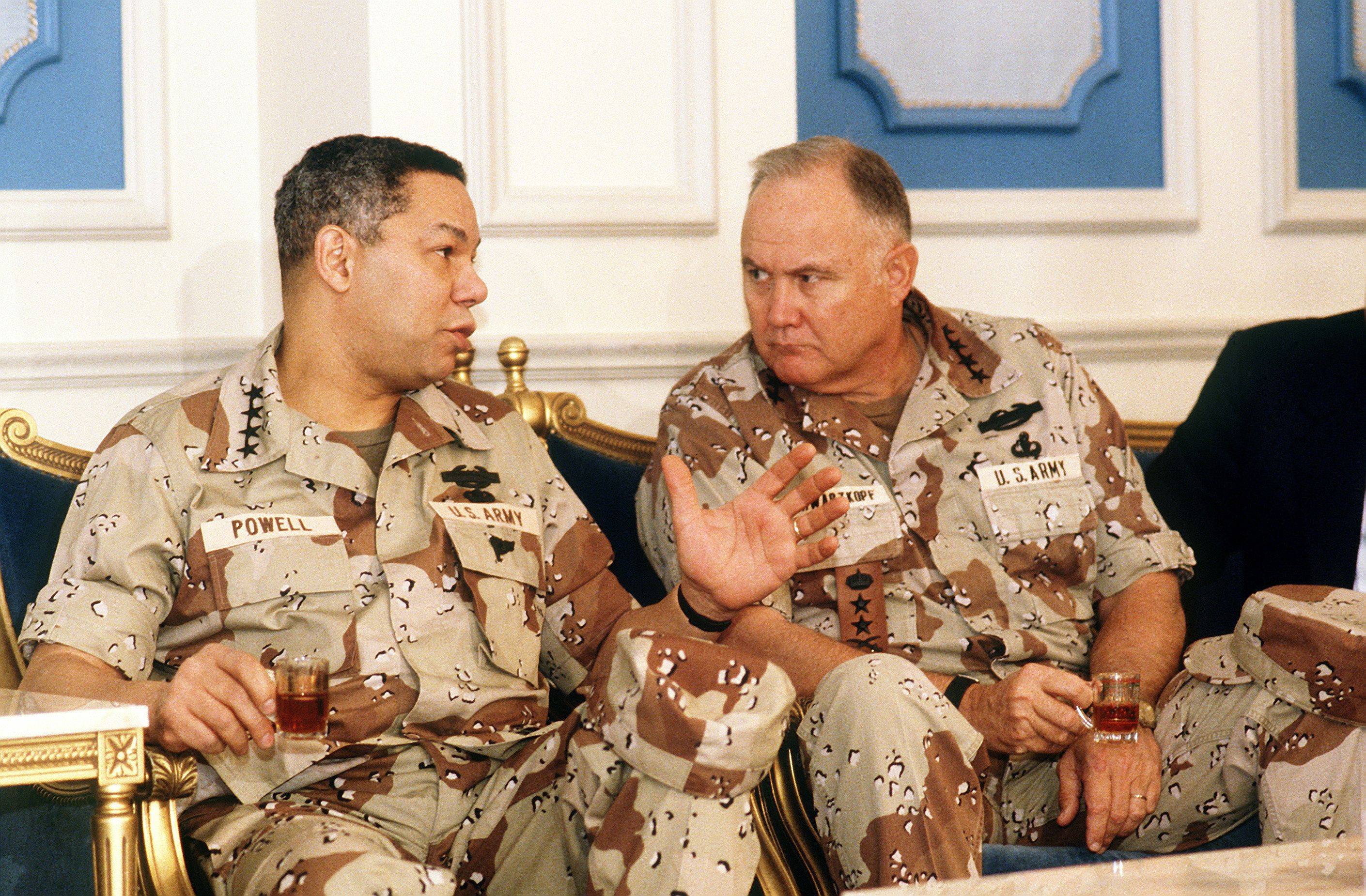In 2009, I was nominated to be the 16th supreme allied commander of the North Atlantic Treaty Organization. While I had already served three years heading one of the military’s 11 combatant commands — U.S. Southern Command, focused on Latin America — this new job would be jumping into the deep end of the pool.
For starters, I would be the first Navy admiral to take the job — all my predecessors had been generals with deep experience in NATO. (My dream four-star job was thousands of miles away: commander of U.S. Pacific Command in Honolulu, a traditional posting for a Navy officer.) But Secretary of Defense Robert Gates wanted me in Europe, so off I went.
The other problem was that NATO was engaged in a brutal land war in Afghanistan, with nearly 150,000 troops hundreds of miles from the sea. I was worried about my ability to lead given the complexities of that coalition. When I relayed my doubts to both Gates and Adm. Mike Mullen, chairman of the Joint Chiefs of Staff, they both said, "Go talk to Colin.”

















With your current subscription plan you can comment on stories. However, before writing your first comment, please create a display name in the Profile section of your subscriber account page.